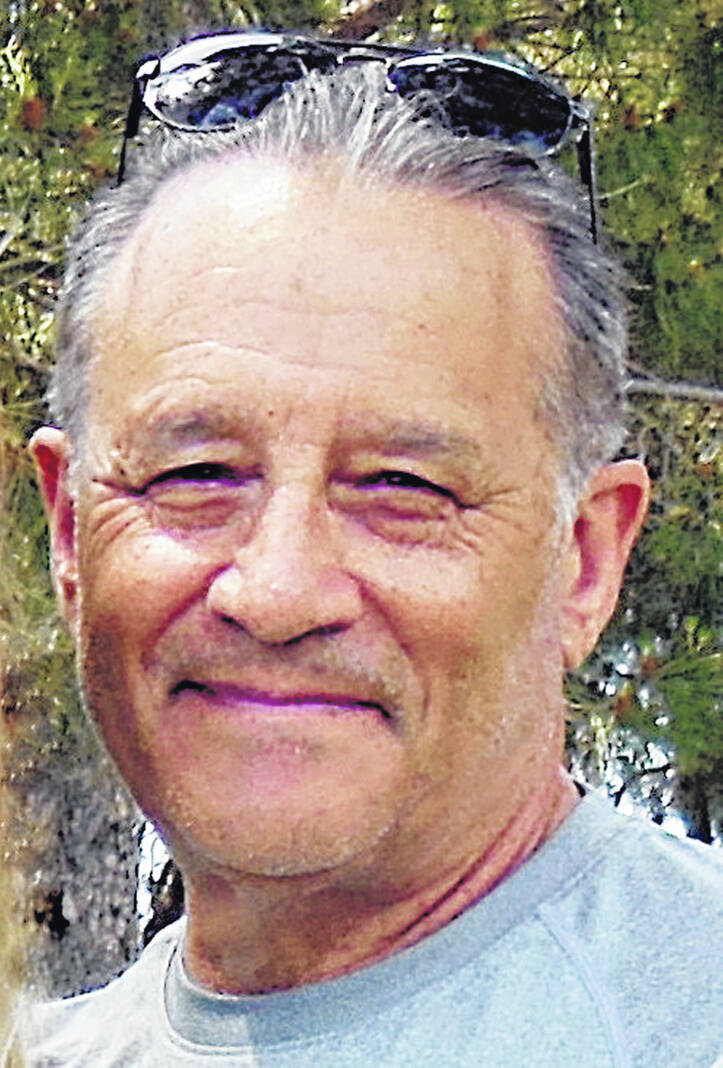
As suggested in an earlier column on the Middle East, there are notable tectonic shifts in the alignment of nations. These shifting geo-political alignments include who is associating with whom, who is sanctioning whom, what countries are assorting themselves with autocracies and what nations are committed to liberal democratic governance. How these things will ultimately settle remains to be seen, but some clarity is developing.
Much of Eastern Europe was a part of the Union of Soviet Socialist Republics (USSR) until 1991 when the USSR collapsed, but what constitutes a map of “Eastern Europe” depends on when in time you took a picture of the map.
After the Second World War, the United States established the Marshall Plan, a bold economic development plan to rebuild Europe. Stalin rejected participation fearing Eastern European nations would consort economically with the democratic West. So, about six months later he established what he thought was an Eastern European equivalent, Comecon, the Council for Mutual Economic Assistance.
Nearly simultaneously, NATO formed as a defense pact of Western European nations to counterbalance the presence of the Soviet military in Eastern Europe. NATO’s formation was heightened by Soviet troublemaking in Germany with the blockade of Berlin, resulting in the Berlin Airlift. Later the USSR formed its own military compact with Eastern European nations called the Warsaw Pact.
Nations once republics of the USSR included Estonia, Latvia, Lithuania, Ukraine, Moldova, Kazakhstan, Belarus, Armenia, Georgia and Azerbaijan. Note that of these, Estonia, Latvia and Lithuania are now members of NATO and Ukraine desperately wants to be.
Other Eastern European nations that once belonged to the Warsaw Pact and/or Comecon include Albania, Bulgaria, Czechoslovakia, the German Democratic Republic, Hungary, Poland, Romania, Albania and Yugoslavia. Some of these are now members of NATO or the European Union and all but Yugoslavia are now independent countries. What was then Yugoslavia is now six separate republics.
Other nations usually identified with Eastern Europe include Croatia, Serbia, Slovakia and sometimes Austria.
Since the dissolution of the USSR, Russia’s influence over this part of the world has diminished considerably, and it becomes increasingly evident why Vladimir Putin is trying so hard to claw back some of this territorial influence. “Clawing back” is a metaphoric signal I’ll get back to in a moment.
It’s notable that most of these Eastern European nations have distanced themselves from Russia’s invasion of Ukraine, some even subscribing to western sanctions against Russia. This fact brings me to what are known as the “stans.”
The “stans” are what we know today as Kazakhstan, Tajikistan, Turkmenistan, Uzbekistan and Kyrgyzstan. These nations were once part of Soviet Central Asia and when the USSR dissolved, they broke away and formed independent nations. Putin is trying very hard to manufacture appearances that these countries support Russia in its war on Ukraine. But much to his chagrin, the opposite seems to be true. While these nations aren’t usually considered to be part of Eastern Europe, they share similar historical relationships with Russia. Now, given Russia’s aggression and pariah status, Eastern Europe and the Central Asian “stans” are mistrustful, suspicious and apprehensive when it comes to Putin’s Russia.
The Kyiv Post made a point of this apprehension. “On June 17, at the St. Petersburg International Economic Forum, the President of Kazakhstan, Kassym-Jomart Tokayev, in the presence of Russian President Vladimir Putin, said that he does not recognize ‘quasi-state formations’ in the Donbas.” Furthermore, the paper went on to say: “According to Tokayev’s representative, he refused to receive the Russian Order of Alexander Nevsky, which was planned to be awarded to him as part of the economic forum. Putin was clearly offended at such an unexpected demarche by the president of Kazakhstan. The very next day, the shipment of Kazakh oil through the Russian port in Novorossiysk was suspended.” The other “stans” have been noticeably mute in support of this Russian military operation and Putin’s aggressive behavior.
Why the deliberate arms-length posture with Russia by these former eastern territorial segments of the USSR? This brings me to the folk fable ascribed to the Iroquois nation but recently repeated by a leader from Kazakhstan who either had his own nation’s version of the tale or had borrowed it to make his point about their relationship with Russia, aka “The Bear.” It went like this: The Bear thought herself a very powerful creature and was always trying to exhibit her strength before other animals. One day she got into a dispute with a Chipmunk and the Chipmunk asked, “Why do you boast so much? You have no great power.”
The bear was angry and declared that she had such great power that she could, if she wished, prevent the sun from rising in the morning. The Chipmunk said, “You’re crazy drunk with power. That’s impossible.”
“Wait and see” replied the Bear. The Chipmunk was not to be fooled and said he would indeed wait. “We shall indeed have the sun in the morning.”
When the sun came up, the Chipmunk laughed and made fun of the Bear who was so mad that she turned on the Chipmunk. He escaped to his burrow which was nearby, but the Bear reached out her claw to clutch him as he dived into his hole.
The next day, the Chipmunk appeared with three marks on his back, marks of the Bear’s claw. Chipmunks remember those marks to this day.
Eastern European nations have all had experiences with The Bear, the pain of the claw and the marks to prove it. The moral of the folk tale is that countries will forever remember the boasts, the threats, and the intimidations of bullies, like “The Bear.”
Bill Sims is a Hillsboro resident, retired president of the Denver Council on Foreign Relations, an author and runs a small farm in Berrysville with his wife. He is a former educator, executive and foundation president.


